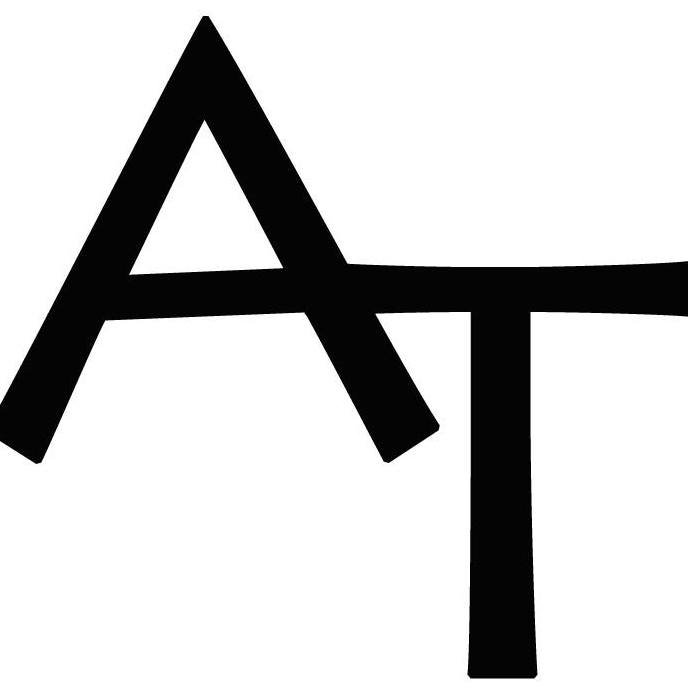ACT and Recovery - Acceptance and step 1
Acceptance is the foundation of both recovery and psychological flexibility. In the framework of Acceptance and Commitment Therapy (ACT), acceptance is not about resignation but about embracing reality as it is, rather than how we wish it were. This aligns directly with the First Step of 12-step recovery: admitting powerlessness over alcohol and accepting life’s unmanageability. For those of us who have struggled with addiction, this realization can be difficult to face. Alcohol had us in its grip, no matter how much we tried to control our drinking; once we got a buzz it was only a matter of time, usually no time at all, before we simply aimed ourselves at getting drunk. And staying drunk. For as long as possible.
Admitting powerlessness is not about weakness—it is about honesty. It is the moment we stop lying to ourselves and acknowledge the truth: alcohol, the obsession with the drink, has taken over, and we can no longer manage our lives under its influence.
For many of us, resistance to this acceptance is rooted in fear. The idea of never drinking again, never escaping into the relief that alcohol once provided, feels overwhelming. The mind fixates on the permanence of such a commitment, spinning out into a future we cannot predict or control. ACT teaches us that these thoughts are just that—thoughts. We don’t have to engage with them or take them as truth. Instead, we acknowledge them and return to the present moment. This is also where the wisdom of "one day at a time" emerges. Acceptance in recovery is not about committing to never drinking again for the rest of our lives; it’s about choosing, right now, to stay present with what is happening in this very moment. In this very breath.
The First Step—admitting powerlessness—can feel like an act of defeat. But in reality, it is a freedom and a relief. When we accept that our willpower alone will not free us from addiction, we can stop fighting a battle we were never going to win and start focusing on what we can do: seek help, take guidance, and step into a new way of living. Acceptance in ACT does not mean we approve of our suffering or enjoy our past mistakes. It means we stop running from them and we stop using our past mistakes as a cudgel to beat ourselves up. We let them be, allowing space for the discomfort without needing to escape it nor to utilize it to tear ourselves down.
A critical piece of acceptance is separating ourselves from the endless narrative our minds create. ACT calls this "defusion"—recognizing that we are not our thoughts, and we do not have to be controlled by them. In recovery, this means stepping away from the identity we’ve built around our drinking: the excuses, the rationalizations, the justifications, the self loathing. Instead of trying to reason our way out, we simply acknowledge the truth: this is where I am. Drinking has taken control, and I cannot keep living this way. That realization alone is terrifying, but it is also the doorway to freedom.
There is often resistance when the word "powerlessness" comes up. Many people, myself included, initially recoil at the idea. But powerlessness doesn’t mean we are without strength; it means that we are no longer trying to control something uncontrollable. We are powerless over alcohol, yes, but not over our choices moving forward. In ACT terms, this is the shift from control to willingness. We stop grasping for control and instead become willing to experience discomfort in service of a greater goal.
ACT operates from the awareness that pain is inevitable, but suffering is optional. This is a profound lesson in recovery. The pain of withdrawal, the pain of regret, the pain of facing the damage we’ve done—these things are real, and they hurt. But the suffering comes from our resistance to that pain, our desperate attempts to escape it. When we accept that pain will come and allow ourselves to feel it, rather than avoid it, we begin to move through it. This is what taking the First Step truly means. We stop running. We stop pretending. We face reality, and in doing so, we create the possibility of change.
In the end, acceptance is not a one-time decision; it is an ongoing practice. Just as in ACT, where acceptance is a continuous process of allowing thoughts and emotions to come and go without attachment, recovery requires a daily commitment to acknowledge reality as it is and respond accordingly. The First Step is not just about admitting powerlessness—it is about accepting reality, letting go of the illusion of control, and becoming willing to move forward in a new way, one moment at a time.

